Nigeria celebrates two years without polio
It is exactly two years that Nigeria recorded its last case of poliomyelitis (a.k.a Polio) and has remained free of the crippling disease ever since.
A statement from the National Primary Health Care Development Agency (NPHCDA) described the feat as an important milestone for the polio eradication initiative and a major step towards polio-free certification for the country in 2017. When Nigeria has achieved three years without a case of polio, it will officially be declared polio-free by WHO.
President Muhammadu Buhari, who leads the nation’s Presidential Task Force on Polio Eradication, marked the feat, noting: “This is a historic moment that has brought Africa and the world the closest it has ever been to eradicating this devastating disease. But our job is not yet done,” he added.
“We must protect the gains we have made and stay on course to tackle the challenges that remain in eliminating polio for good.” He further added that the federal government will “continue to provide the needed oversight and resources to achieve polio eradication by 2017”.
Also, the Minister of Health, Prof. Isaac Folorunso Adewole, assured that the Federal Government is committed to building resilience by “getting people out of their comfort zones to further enhance the quality of polio campaigns, reach children in difficult areas and continue to improve routine immunization”.
The Executive Director of the National Primary Health Care Development Agency (NPHCDA), Dr. Ado J.G. Muhammad further affirmed that efforts are ongoing to close the remaining surveillance gaps in the programme, including “increasing environmental surveillance sites and community informants across the country”.
The Global Polio Eradication Initiative (GPEI) partners leading the effort to eradicate polio, applauded the commitment of tens of thousands of people – including Nigerian officials at all levels, UN and NGO partners, health workers, traditional, community leaders and volunteers from all sections of the country in keeping polio out of Nigeria for the past two years.
“The National Laboratories in Nigeria have been vigilant in monitoring for polio cases, noted Dr Rex Mapazanje, the Acting WHO Representative of Nigeria. “We must continue to be on alert for any sign of the virus through heightened surveillance, particularly in the vulnerable populations including insurgency-hit areas of North-East Nigeria and the adjoining areas of Cameroon, Chad and Niger,” Dr Mpazanje added.
“Achieving a polio-free Africa will bring us closer than ever to a polio-free world, but that success should not be taken for granted,” said UNICEF Country Representative Jean Gough, adding: “We must continue to work together with all partners in particular with the traditional institutions at all levels to ensure we reach every child so we can relegate this paralysing disease to history forever.”
As long as polio exists anywhere, it poses a threat everywhere. It is essential that Nigeria and the global community continue to vaccinate children against polio. Intensive efforts to vaccinate every child, particularly across Africa, Afghanistan, Pakistan and any high-risk or insecure areas are critical.
GPEI partners emphasized that in order to sustain gains made against polio, Nigeria and the broader African regions must improve and sustain political and financial commitment at all levels of government. They must also improve their surveillance systems so that in the event of a case of polio, rapid action can be taken to prevent any spread of the disease.
Frontline polio workers are also delivering other critical health and nutrition interventions to children, including measles vaccinations and vitamin A supplements. “Investments to end polio across the African region and around the world are developing a lasting infrastructure and knowledge base that will help to improve the delivery of basic healthcare services and other life-saving vaccines, especially to people living in poor and hard to reach areas,” noted Dr. Ado Muhammad, Executive Director, NPHCDA.
All partners stressed the need for continued commitment from governments, civil society and donors to finish the job – for Nigeria, for Africa and for children everywhere.

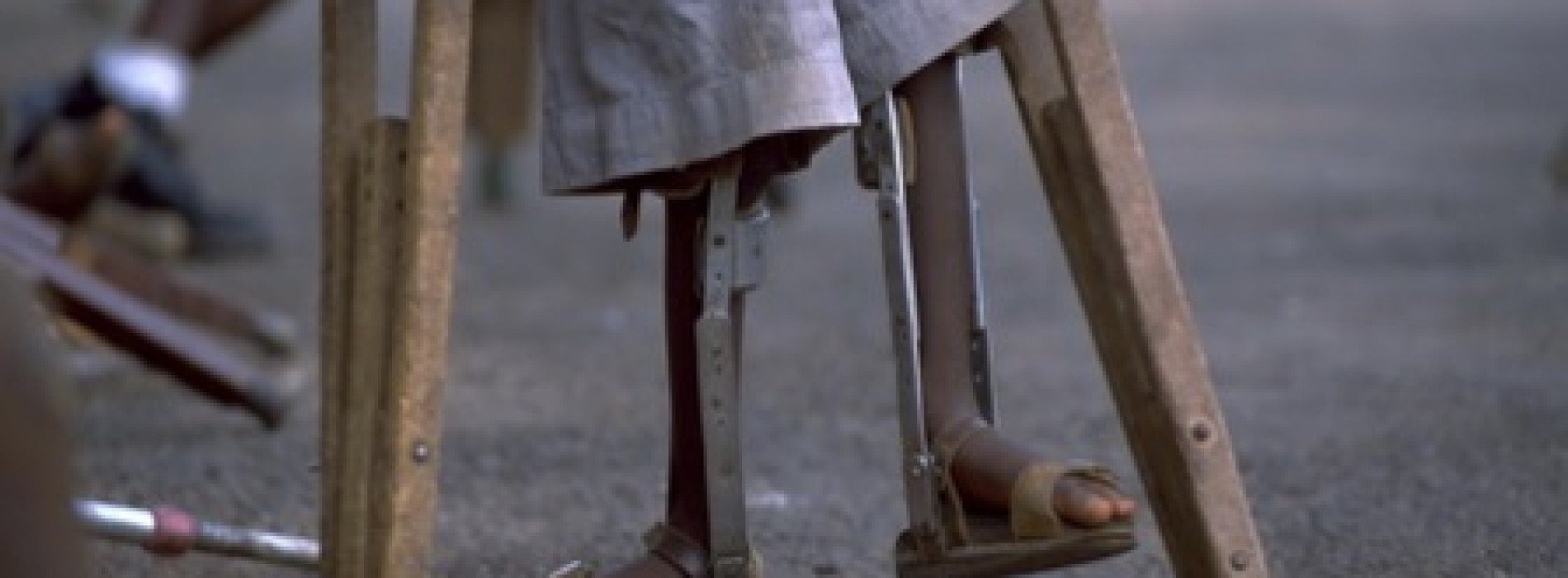
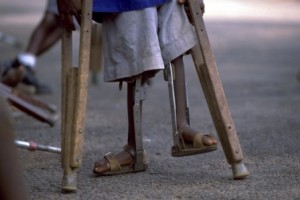
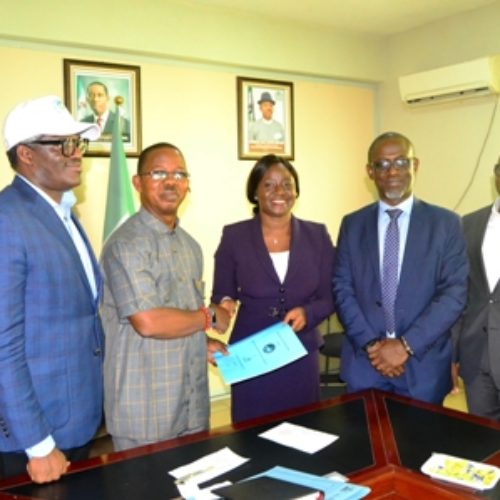
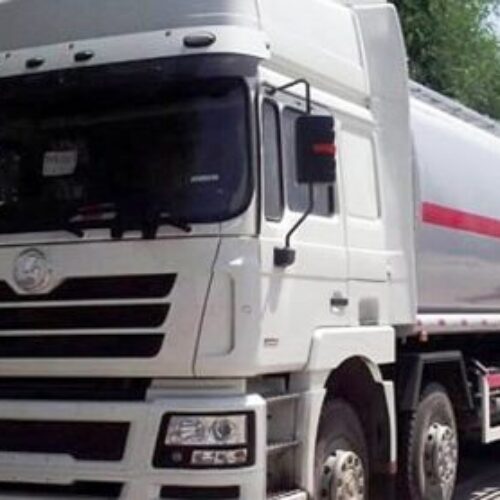
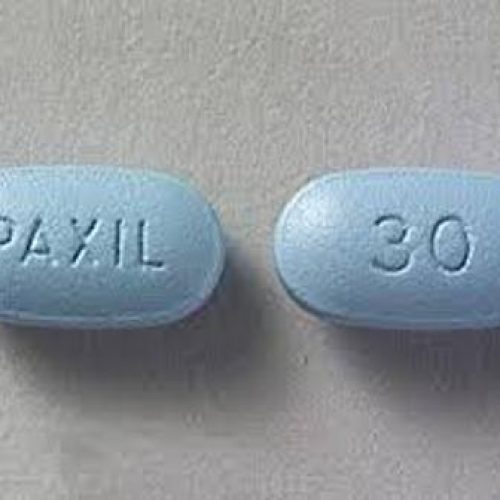


0 Comments
No Comments Yet!
You can be first to comment this post!